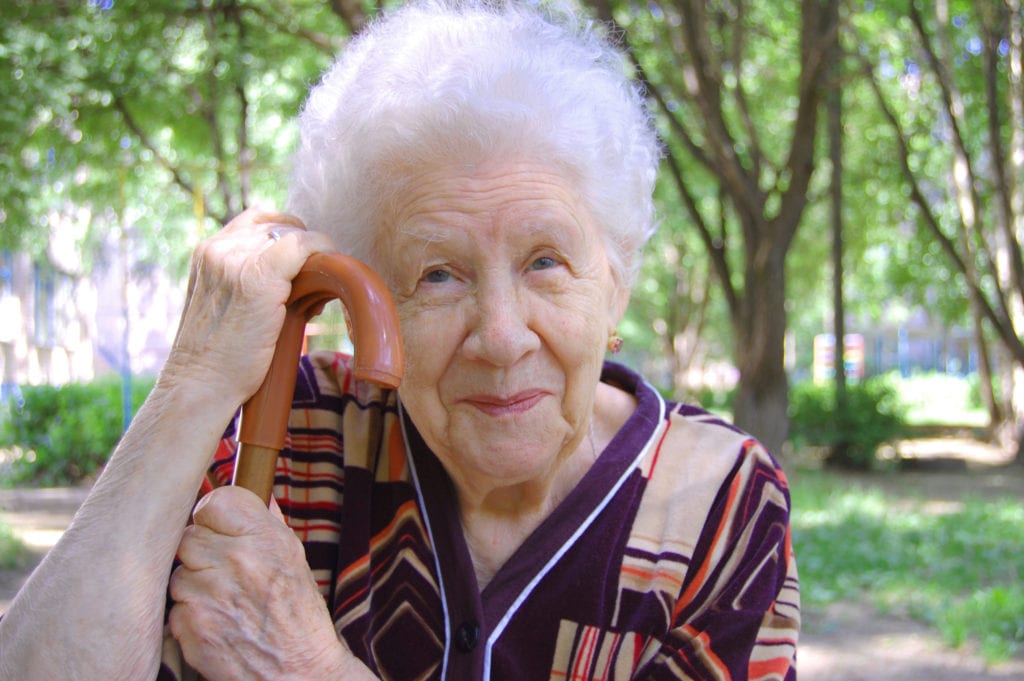What Makes Seniors Bruise So Easily?
Have you noticed large bruises on your aging relative?
While a bruise can indicate a fall or other injury, don’t be surprised if the senior doesn’t even remember how it happened. Older adults bruise more easily than younger people do so even a minor bump can cause a big bruise. While easy bruising can sometimes be a symptom of a bigger problem, many times it’s just a result of getting older.

Caregiver in Clark County VA: Easy Bruising in Seniors
Causes of Easy Bruising in Seniors
A bruise happens when the small veins that are close to the surface of the skin get damaged and bleed. Bruises are most common on the arms and legs because they are the areas of the body that are bumped most often as a person moves about. The leaked blood causes a bluish-black spot to appear on the skin. Eventually, the body reabsorbs the blood and the bruise disappears.
Several things can cause a person to bruise more easily, including:
-Age: Bruising more easily comes naturally with age because the skin gets thinner, so the veins are less protected. Blood vessels are also less resilient and are damaged more easily.
-Medications: Certain medications, like aspirin and blood thinners, can increase the risk of bruising. If you suspect a medication the older adult is causing bruising, talk to the doctor about it, but don’t stop using the medicine unless the doctor says to.
-Vitamin C Deficiency: The body uses vitamin C for healing itself, so if the older adult isn’t getting enough of it, they may bruise more easily.
-Heredity: Bruising can just run in families. If the older adult had a parent or sibling who bruised a lot, they may, too.
-Too Much Sun: If the senior has spent a lot of time outside over the course of their life and has sun damaged skin, the blood vessels close to the skin’s surface and the skin are likely weaker. When bruising is caused by this, the bruises aren’t caused by injury, they usually don’t hurt, and they most often appear on the backs of hands and on the arms.
-Some Kinds of Cancer: Certain kinds of cancer, like leukemia, can cause bruising. If the older adult also feels fatigued, weak, or achy much of the time, report the symptoms to a doctor.
Preventing Bruises
Although it won’t be possible to prevent all bruises, making some changes around the older adult’s home can help reduce bruising. To help the senior see better, use brighter lighting in the home so they aren’t as likely to run into or trip over things they cannot see. Also, remove clutter that they might bump into and secure rugs and cords that could cause tripping.
Home care can assist seniors to avoid getting bruises. A home care provider can reduce the clutter in the older adult’s home by helping them to keep it clean and tidy. Home care providers can also make sure that lightbulbs are promptly changed when they blow out.
If you or an aging loved-one are considering hiring a Caregiver in Clark County, VA, please contact the caring staff at LivinRite Home Care. Call Us Today at (703) 634-9991.
Sources
Mayoclinic.org
Webmd.com
- Skilled Nursing: Offering Peace of Mind for Seniors Aging in Place - April 8, 2025
- Can Physical Therapy Help Seniors Learn How to Fall Safely? - March 27, 2025
- Senior Home Care Helps Keep Aging Adults Safe in the Kitchen - March 11, 2025
